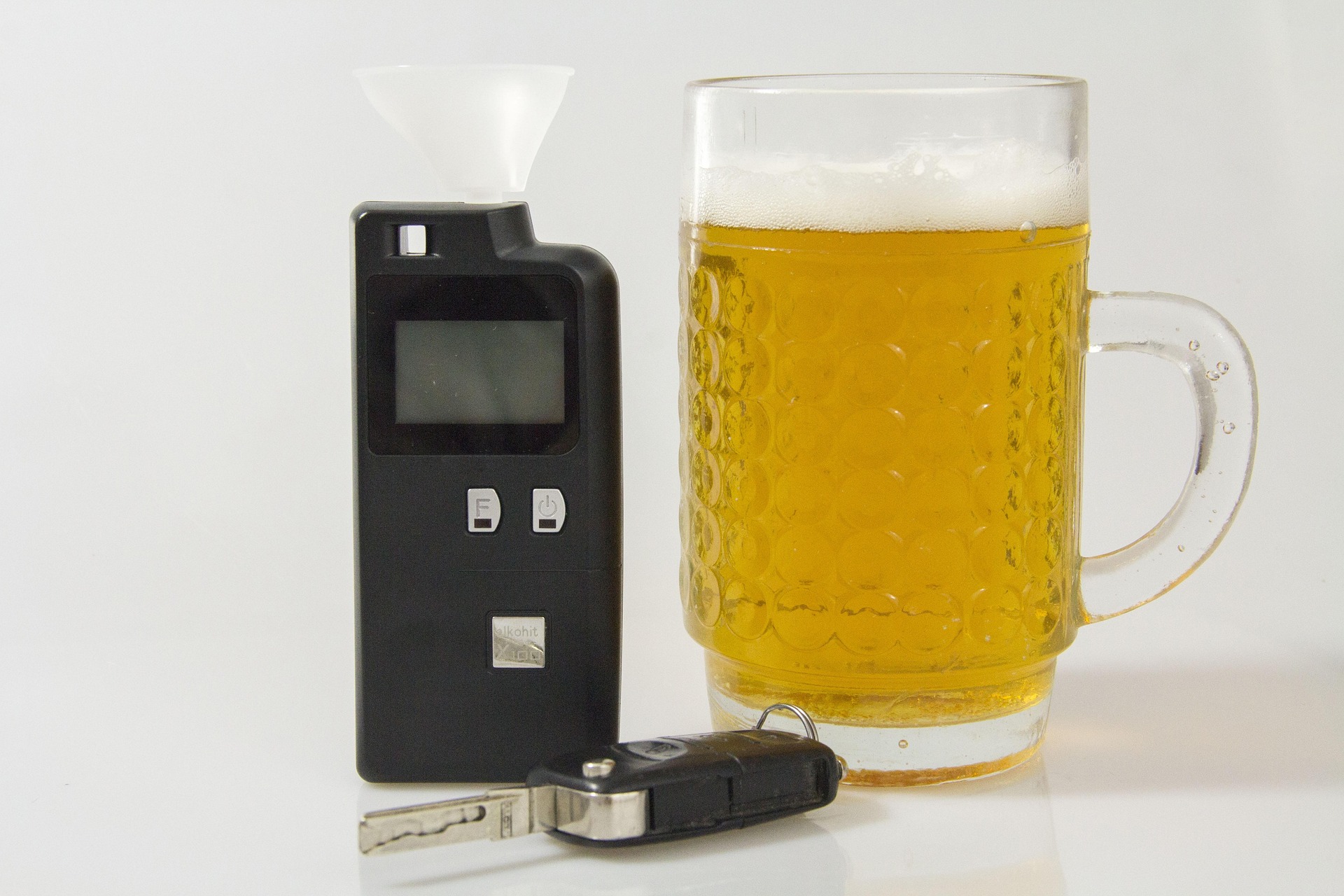It’s no secret that many teenagers engage in risky activities, like sneaking out to hang out and party with friends. While this is commonplace for many, these activities can become incredibly dangerous when driving is included in the mix. As such, if your teenager is facing an underage DUI, it’s imperative to understand how these charges differ from a standard DUI, what the penalties are, and how to interact with the police. In addition, you’ll learn the importance of working with a Contra Costa County DUI lawyer to help you explore your legal options.
Are the Penalties Different for Underage Drivers When Charged with a DUI?
In California, those who are found driving with a Blood Alcohol Concentration (BAC) at or over the legal limit of 0.08% will face a driving under the influence charge. However, you can also face a DUI if your BAC is under the legal limit, but there is a detectable amount of alcohol in your system that the officer has determined inhibits your ability to safely drive a vehicle.
However, because those under 21 are prohibited from consuming alcohol, there is a strict Zero Tolerance law in place for those under 21 who operate vehicles with alcohol in their system. As such, if you are a minor and you are pulled over with a BAC of 0.01% or higher, you can face a criminal offense in California. However, if your BAC is at or over 0.05%, it is considered an Underage DUI. This is different than the Zero Tolerance law, which only penalizes those with alcohol in their system.
A Zero Tolerance offense in California carries hefty penalties, including a one-year license suspension. An underage DUI, on the other hand, carries the same license suspension, a $100 fine, and mandatory participation in an alcohol education course.
What Should I Do if I’m Pulled Over by the Police?
When you are pulled over by the police, it’s imperative to understand your rights in these instances. Often, the police will ask leading questions intended to get you to incriminate yourself. For example, they may ask, “Have you been drinking tonight?” If you have been, you can’t say no, as lying to the police can land you in additional legal trouble. However, admitting to it can result in a criminal conviction. As such, it’s imperative to understand that you have the right to remain silent to avoid incriminating yourself when interacting with the police. As such, you should inform the officer that you have been instructed by your attorney not to answer any questions and politely invoke your right to remain silent.
If you or your child ar facing a DUI in California as an underage driver, it’s in your best interest to connect with an experienced attorney with O’Connor Law APC to help you explore your rights.





